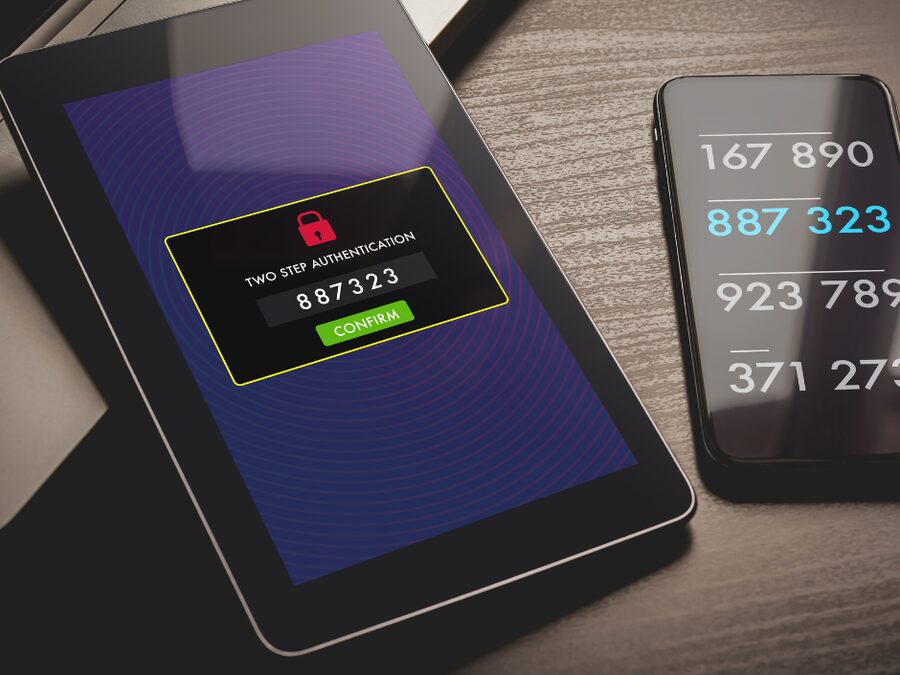What is Cyber Security?
Many young people are curious and want to explore how technology works, what vulnerabilities it has and how it interacts with other technologies. This can include learning to code or experimenting with tools discovered online.
However, some young people make poor choices and use such skills illegally, without realising they're committing a crime. The average age of someone convicted for cyber-crime offences is much younger than other crime types; offenders are often teenagers.
For more information please visit Cyber Choices - National Crime Agency


